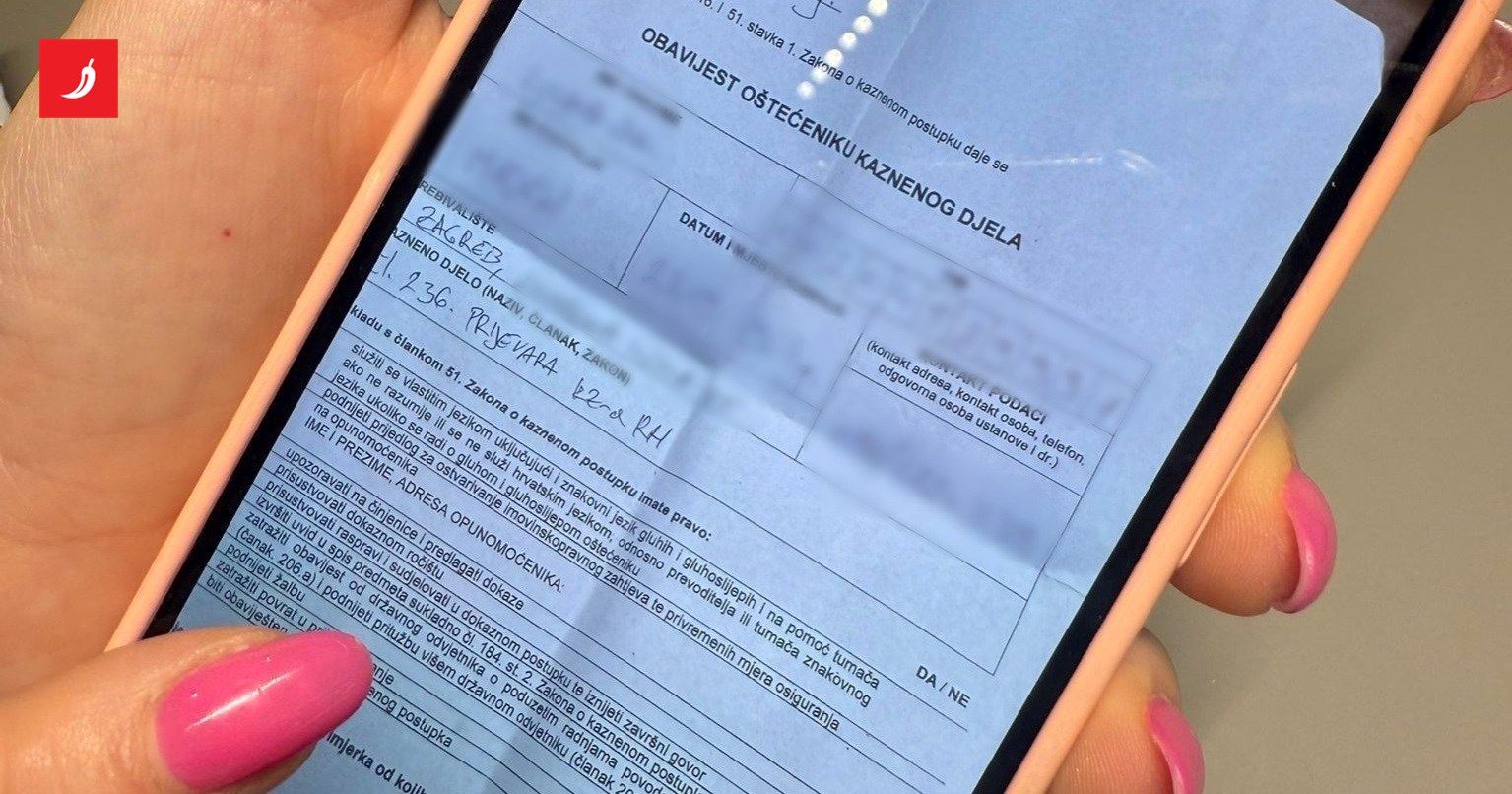AI Voice Scam: How Crooks Stole €10,000 from a Zagreb Family
Imagine your phone rings, and it’s the voice of your daughter, crying and panicked, begging for help. Your heart stops, then they tell you she urgently needs surgery, or they’ll have to amputate her leg. Shocking? Yes, but this isn’t a movie — it’s real life in Croatia in 2024.
How It Started A Zagreb family fell victim to a new kind of scam — AI-enhanced vishing, or voice phishing using artificial intelligence. The mother received a call on her landline. The voice of her daughter, perfectly imitated, was crying and asking for help. Then a “doctor” spoke, explaining that an urgent operation was needed and a golden plate, unique in all of Croatia, costing 70 euros, was required.
The terrified mother immediately went to withdraw money. The scammers threatened her not to tell anyone and to hurry, or her daughter would get sepsis. Even while driving to the bank, she stayed on the line with the scammer. She heard crying the whole time, which confused and scared her even more.
The Nightmare Ends After four hours of agony, the mother handed over €10,000 to an unknown man in front of the Museum of Contemporary Art. Only then did she realize her daughter was healthy and at home, cooking lunch. The family immediately reported the case to the police, but two weeks later, there’s no news about catching the perpetrators.
The Scary Technology This scam uses AI to generate voices that sound like real people. Just a few voice recordings from social media are enough to create a convincing imitation. Experts warn that soon there will be fake video calls with deepfake technology, where you’ll see and hear a fake person asking for help.
Why Is This Dangerous? People struggle to tell real voices from fake ones, especially in stressful situations. Scammers use VPNs, fake numbers, and cryptocurrencies to hide their identity and avoid justice. Getting your money back is only possible if you report the scam quickly and if payment was made through traditional banking channels.
How to Protect Yourself Experts advise families to agree on security codes or questions only close ones know. Always verify the situation by direct contact and don’t rush decisions under pressure.
Conclusion This scam is just the tip of the iceberg in a world where technology can be a weapon against us. While police try to catch these digital thieves, be careful and don’t trust every call. And if something like this happens to you, know you’re not alone — it’s time to talk about it louder.
So, are you ready to trust your phone, or will you check if your daughter is really on the line first? Share your thoughts — maybe your story will save someone!







































